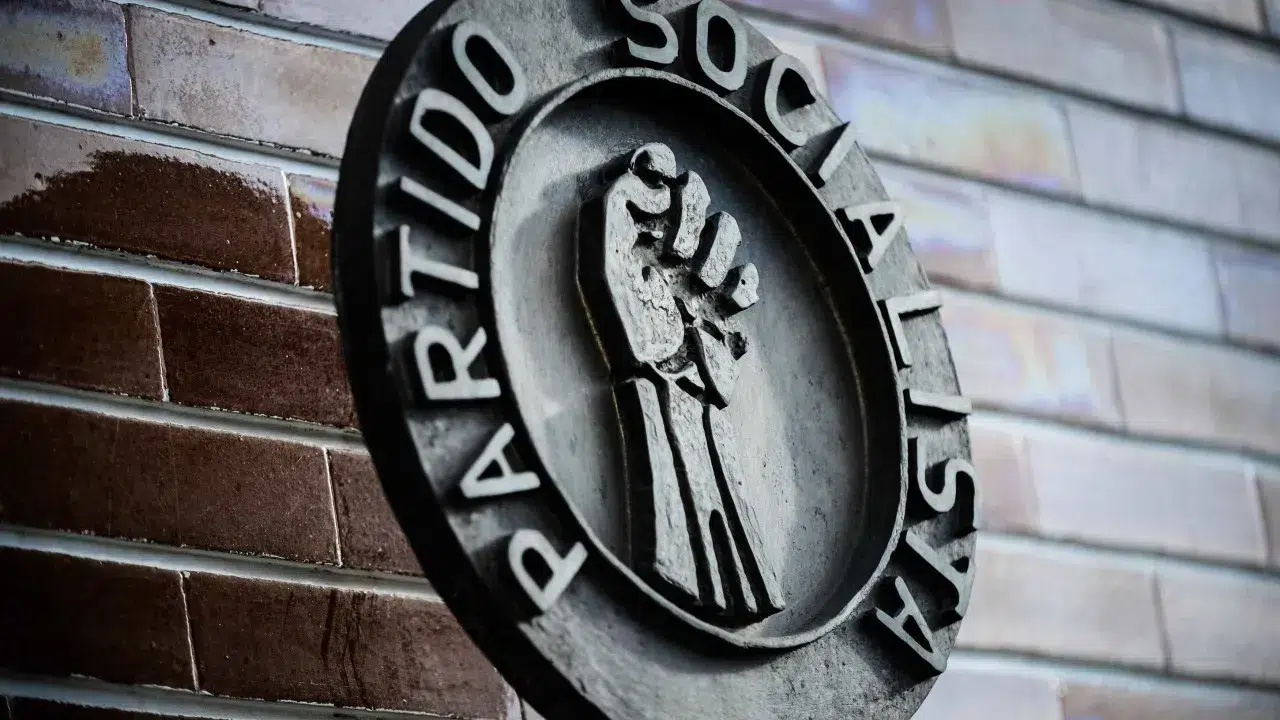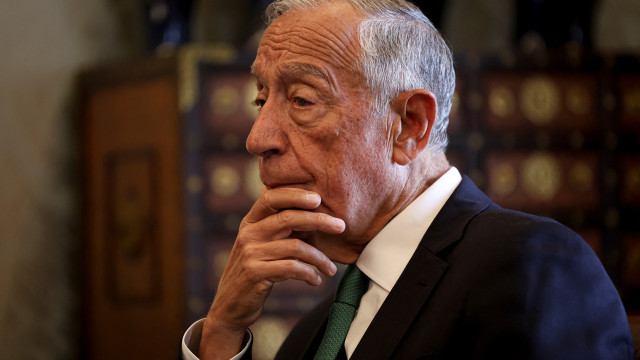
In a query accessed by the Lusa news agency and directed through the parliament to the Minister of Economy and Territorial Cohesion, Manuel Castro Almeida, the PS deputies argue that “the recent announcement of a commercial agreement between the European Union and the United States demands close scrutiny by the Assembly of the Republic.”
“It is essential to clearly understand the position of the Portuguese Government, its involvement in the negotiation process, the expected economic impacts, and how it intends to safeguard national interests,” states the PS parliamentary group.
Believing the existence of an agreement “removes unpredictability,” the socialists assert that it is necessary “to assess the actual costs of this agreement and the need for the state to create conditions to minimize effects on the competitiveness of the Portuguese economy.”
Among the 12 questions PS wants Minister Castro Almeida to answer is whether the Government considers “it reasonable and proportional for an agreement where the EU accepts a 15% tariff on exported goods, without tariff countermeasures from the U.S.”
“What lessons does the Government draw from comparisons to agreements signed, for example, by the United Kingdom, which supposedly secured more advantageous conditions?” the parliamentarians ask.
The PS also seeks to know whether the Portuguese executive, led by Luís Montenegro, “had an active role in the negotiations or was merely informed of the final solution” and whether any “objections or prior reservations” were presented by the Government.
“Was the national executive prepared for a scenario of this nature? Is there documentation demonstrating Portuguese contributions during the process,” they further inquire.
The socialists want the Government to clarify if any economic evaluation was conducted on the impact of different scenarios on the national GDP and the most exposed sectors.
“What concrete measures does the Government plan to implement to mitigate the negative impacts of the EU-U.S. trade agreement on the strategic sectors of the Portuguese economy?” they ask, explaining the necessity to know the details of the package proposed a few months ago by the Government.
The PS also demands explanations about the agreement’s aspects related to defense and energy.
“Is the full text of the EU-U.S. agreement available for public scrutiny? If not, when does the Government plan for it to be published and analyzed in a parliamentary forum?” they continue.
According to the PS, “no matter the point of analysis,” this agreement “raises multiple doubts,” particularly concerning “the real net gain for Europe” and “the lack of protection of sensitive industrial sectors,” as well as the “possible weakening of European strategic autonomy.”
“And regarding the lack of negotiating reciprocity, particularly when compared to other agreements or even with the United Kingdom, which, in a post-Brexit context, supposedly has a better deal than the EU, with 10% tariffs,” they add.
The day after this agreement was announced, Prime Minister Luís Montenegro stated that it “brings predictability and stability” to the economy and “avoids escalation,” while warning of the new demands that arise.
The commercial agreement between the EU and the United States, reached on Sunday, sets American customs tariffs on European products at 15%.
The agreement also includes the EU’s commitment to purchasing U.S. energy worth $750 billion (approximately €642 billion) to replace Russian gas, an additional investment of $600 billion (€514 billion), and an increase in the acquisition of military materials.
The U.S. and EU countries exchange approximately €4.4 billion in goods and services daily.




